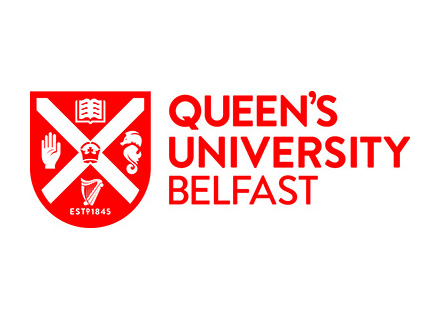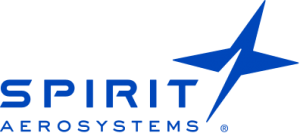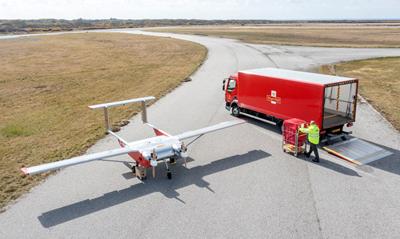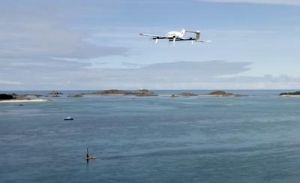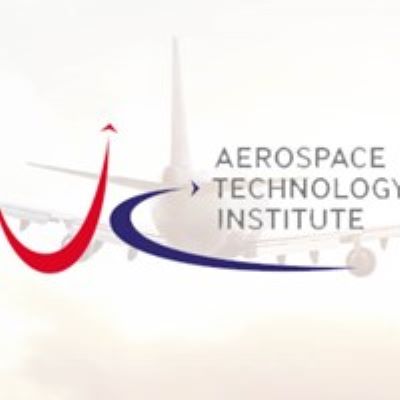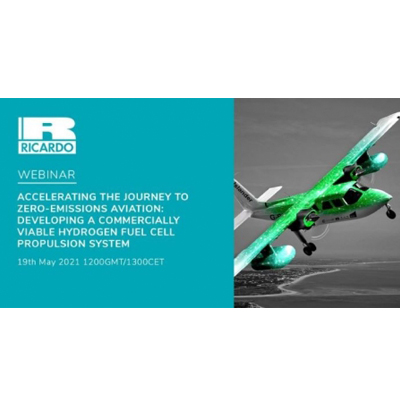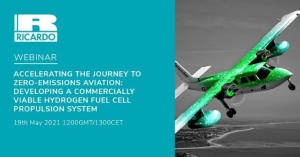There have been two separate invitations, one issued by Government and the other by Industry.
The perspectives and content may differ, the links to the two information events are listed below.
 European Funding Information Day, 20th May
European Funding Information Day, 20th May
You are invited to join the Aerospace Technology Institute (ATI) and ADS on Thursday 20th May at an online event to showcase the latest EU funding opportunities for the aerospace sector.
Although the UK has left the EU, it is still an Associate Member of Horizon Europe, the EU’s research and innovation programme that will run from 2021 to 2027. This means that UK scientists, researchers and businesses can continue to access funding under the programme on equivalent terms as organisations in EU countries. It is therefore fundamental that the UK innovation community is fully aware of the opportunities that remain open to them.
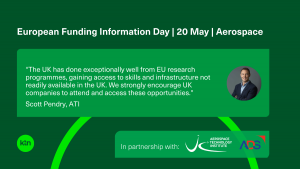
Why attend?
The UK has done exceptionally well from EU research programmes in previous years and in addition to the grant funding it has provided, EU schemes have enabled UK companies, universities and research organisations to broaden their knowledge, enter international supply chains at an early stage, and gain access to skills and infrastructure not readily available in the UK.
This online event will showcase the latest EU open calls/cascade funding opportunities and offer participants the opportunity to connect with potential collaborators.
Speakers
We are delighted to have a great line up of speakers at this event who will offer a comprehensive overview of the various funding opportunities available.
The line up includes speakers from ATI, ADS, Clean Sky JU, the European Commission, EY NI, the University of Nottingham and more. Click here to view the full agenda.
—————————————————————————————————————————
DfT CSA and Innovate UK Webinar
£600m of EU funding available for transport research and innovation
As DfT’s Chief Scientific Adviser, I would like to invite you to a webinar on funding opportunities for research and innovation available to UK researchers and businesses from the EU’s Horizon Europe R&D programme.
Please join us on 24th May, 1330-1430, to hear more about the opportunities available and how you can participate.
Agenda:
Professor Phil Blythe, DfT Chief Scientific Advisor: overview of the programme and the importance of collaborative research to UK organisations;
Louise Mothersole, Horizon Europe UK National Contact Point for Mobility: how UK organisations can get involved.
There’s no need to pre-book, just save this message in your calendar and click on the link below on the day.
Click here to join the meeting
Background
The UK has agreed to associate to Horizon Europe, the EU’s research and innovation framework programme. Association will give UK scientists, researchers, local authorities and businesses access to funding under the programme on equivalent terms as organisations in EU countries. The European Commission has published a Q&A document that confirms “UK entities, including universities, research centers, scientists, innovative businesses, industry, etc. will have full rights to participate in the first calls for proposals of Horizon Europe as soon as they are published”.
Within Horizon Europe, there are 53 separate transport or mobility related competitions due to open in 2021 with a combined budget of over €790m. Organisations from the UK have a success rate of over 30% when applying for EU framework programme grants and, in 2020, 35% of all collaborative projects funded in the transport sector had at least one UK partner.
Professor Phil Blythe
Chief Scientific Adviser, DfT Office for Science


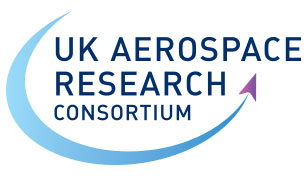
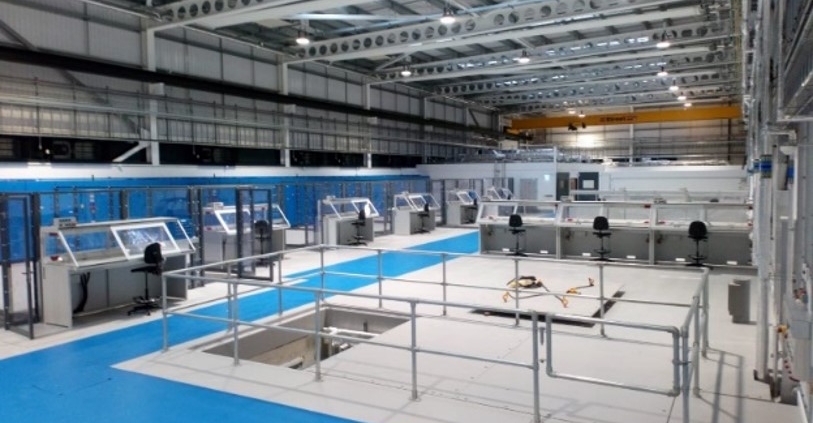

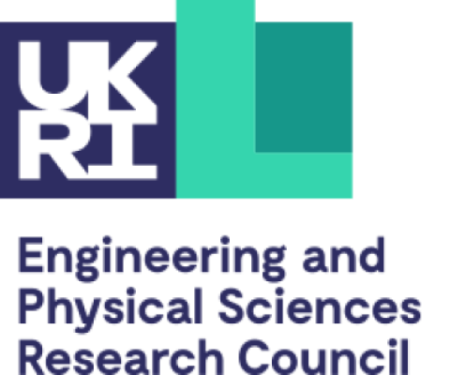


 European Funding Information Day, 20th May
European Funding Information Day, 20th May
